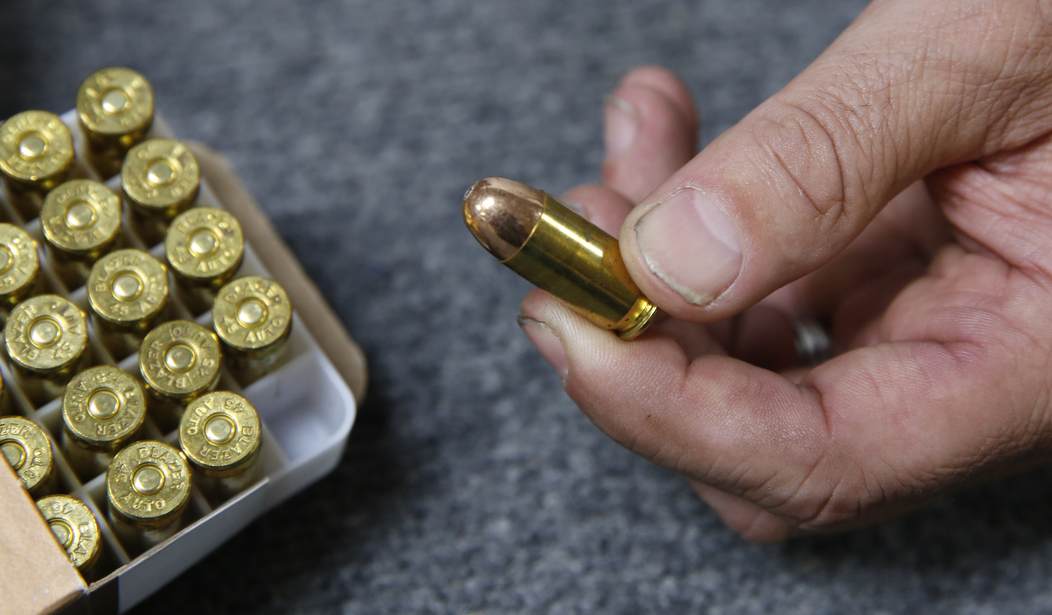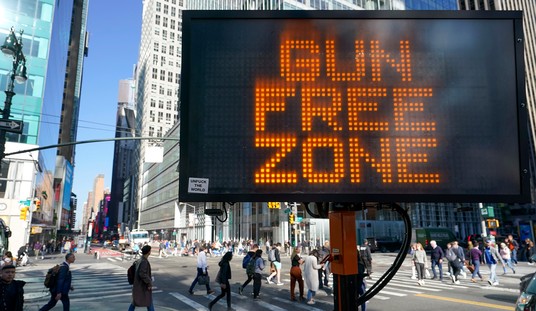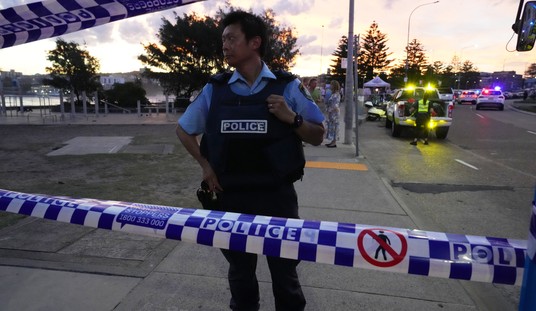One of the issues with gun control is that the people pushing for legislation so hard often know precisely jack about what they want regulated. They call for a ban on semi-automatic firearms, for example, without realizing the pistol they keep in their nightstand drawer is semi-automatic.
They simply don’t know what they’re talking about.
So an “alternative” that seeks “bullet control” isn’t likely to be any better, yet the subject has come up.
Greta Adams (not her real name) lives in Philadelphia, the city in which her son was murdered. Most people may not care so much, but Greta cares about the stark, ugly truth that the city of Philadelphia is experiencing an unprecedented crisis of gun violence.
She may not have cared that much before, but she deeply cares now. These days, Greta is not at all complacent about murder by firearms and, in her own indomitable way, won’t stand for it.
While reading my usual daily periodicals, I came across the story of this not-so-usual woman, a mother and a nurse. Her son Mark Adams was killed on Memorial Day 2015, at age 20. For Mark, a normal gathering of friends that night became his last gathering. While trying to break up a fight in a Philadelphia park, he was shot to death.
…
So Greta put heft to her hypothesis. She and a group of moms from her Philadelphia support group, Moms Bonded by Grief, took to the streets and began asking people to turn in their bullets. They collected the bullets and used them to make memorial bracelets, wanting to turn them into something positive. “The guns aren’t going to work without bullets,” Greta argued.
Bullet control
She’s right, I learned as I did my research. There really is such a thing as advocacy for bullet control. Certainly, national attention is primarily focused on U.S. gun laws but, for the most part, little attention is given to the weak oversight of the ammunition industry.
There have been previous efforts to increase federal regulation of ammunition, most notably actions in the mid-1990s led by the late Sen. Daniel Patrick Moynihan, D-N.Y. When it comes to the sale and possession of ammunition, only a few states have acted to fill some of the regulatory gaps in federal law. According to the Giffords Law Center to Prevent Gun Violence, California and New York are the only two states that require background checks for ammunition sales.
National Crime Victims’ Rights Week 2022 recently ended, on April 30 in fact, but the focus on prevention of crime must never wane, as so many communities are experiencing unprecedented statistics on gun violence.
That’s right, boys and girls. Bullet control.
Now, here’s the problem with “bullet control.” First, yes, guns don’t work without ammunition. However, it’s important to remember that ammunition is a consumable item. Generally, you shoot a round and it’s done.
Yes, I know that reloading is a thing, but that’s just using the shell. It’s not a complete round, which is kind of the point.
The idea of “bullet control” is that it will somehow stop bad actors from getting ammunition. However, as much trouble as the police have keeping guns out of criminals’ hands, how are they going to do anything with the even less traceable ammunition?
It’s just not going to happen.
Especially since reloading is a thing. If you think “ghost guns” are a problem, will we next have to deal with “phantom bullets” or something?
Additionally, while I’m quick to point out that gun tracing doesn’t work as often as some like to think, it does sometimes catch criminals. Especially straw buyers. After all, if a number of guns used in criminal acts end up being traced to a single person, it’s an indication that maybe they’re buying guns for other people. (Or that they had their entire collection stolen, of course.)
Try that with unserialized ammunition.
“Then serialize it,” someone might say.
However, after a round is fired, the casing is pointless for many of us. It’s trash. It’s not for a reloader, so casings get saved and given to friends or a reloader pillages the trash cans at the range. Cases could, in theory, pass through dozens of hands during their lifetimes.
So even if you could serialize each round and somehow store that information somewhere, so what? It’ll be even more useless than a lot of gun tracing data.
The idea of bullet control sounds like something the anti-Second Amendment side may want to pursue, but it won’t work out like they think. Especially since I have little doubts the Supreme Court will oppose it, at least on some level.








